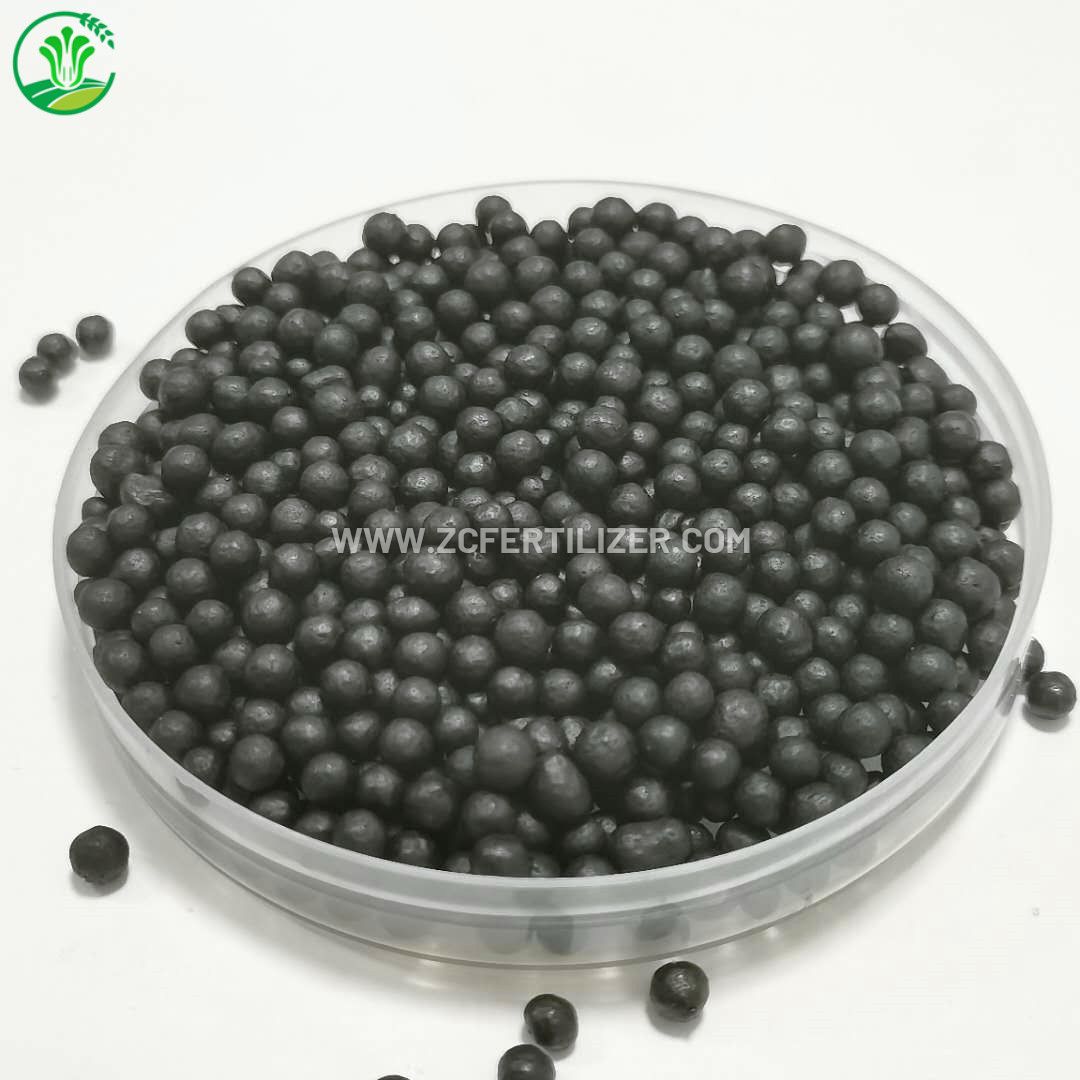The difference between organic fertilizer and chemical fertilizer
1. What are organic fertilizers and chemical fertilizers?
1. Organic fertilizer is a carbon-containing material mainly derived from plants and/or animals and applied to the soil to provide plant nutrition as its main function.
2. Chemical fertilizers are fertilizers produced through chemical research, chemical and/or physical methods that contain one or several nutrients needed for crop growth.
2. Different environments
1. Organic fertilizer uses biological excrement or remains as fertilizer. After the organic matter in organic fertilizer is decomposed by microorganisms, the remaining inorganic salt enters the soil and is absorbed by plants. Because organic fertilizer has good compatibility with the environment, Will not cause pollution to the environment.
2. Chemical fertilizers bury high-purity inorganic salts into the soil. These salts dissolve into the soil and are absorbed by plants. Due to the high concentration of inorganic salts, it is easy to cause damage to the acid-base balance of the soil and endanger the environment.
3. 7 major differences between organic fertilizers and chemical fertilizers:
(1) Organic fertilizer contains a large amount of organic matter and has an obvious effect of improving soil and fertilizing;
Chemical fertilizers can only provide inorganic nutrients for crops, and long-term application will cause adverse effects on the soil, making the soil "more and more greedy".
(2) Organic fertilizer contains a variety of nutrients and contains a comprehensive balance of nutrients;
However, chemical fertilizers contain a single type of nutrients, and long-term application can easily cause nutrient imbalance in soil and food.

(3) Organic fertilizers Coupon have low nutrient content and require large amounts of application;
Chemical fertilizers, on the other hand, have high nutrient content and require low application amounts.
(4) Organic fertilizers are effective for a long time;
The effectiveness of chemical fertilizers is short and intense, which can easily cause nutrient loss and pollute the environment.
(5) Organic fertilizers are derived from nature and do not contain any chemical synthetic substances. Long-term application can improve the quality of agricultural products;
Chemical fertilizers are purely chemical synthetic substances, and improper application can reduce the quality of agricultural products.
(6) During the production and processing of organic fertilizers, as long as they are fully decomposed, they can improve the drought resistance, disease resistance, and insect resistance of crops after application, and reduce the use of pesticides;
Long-term application of chemical fertilizers often requires a large amount of chemical pesticides to maintain crop growth due to the reduction of plant immunity, which is likely to increase harmful substances in food.
(7) Organic fertilizers contain a large number of beneficial microorganisms, which can promote the biological transformation process in the soil and contribute to the continuous improvement of soil fertility;
Long-term application of large amounts of chemical fertilizers can inhibit the activity of soil microorganisms, leading to a decrease in the soil's automatic adjustment ability.
305
0
0

Comments
All Comments (0)